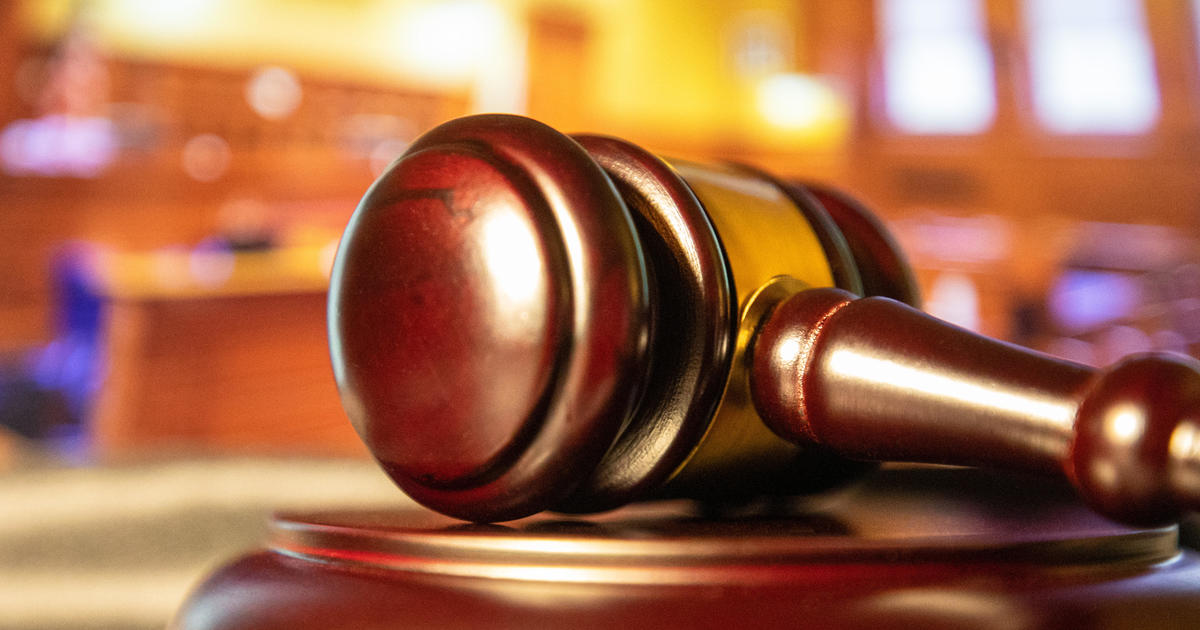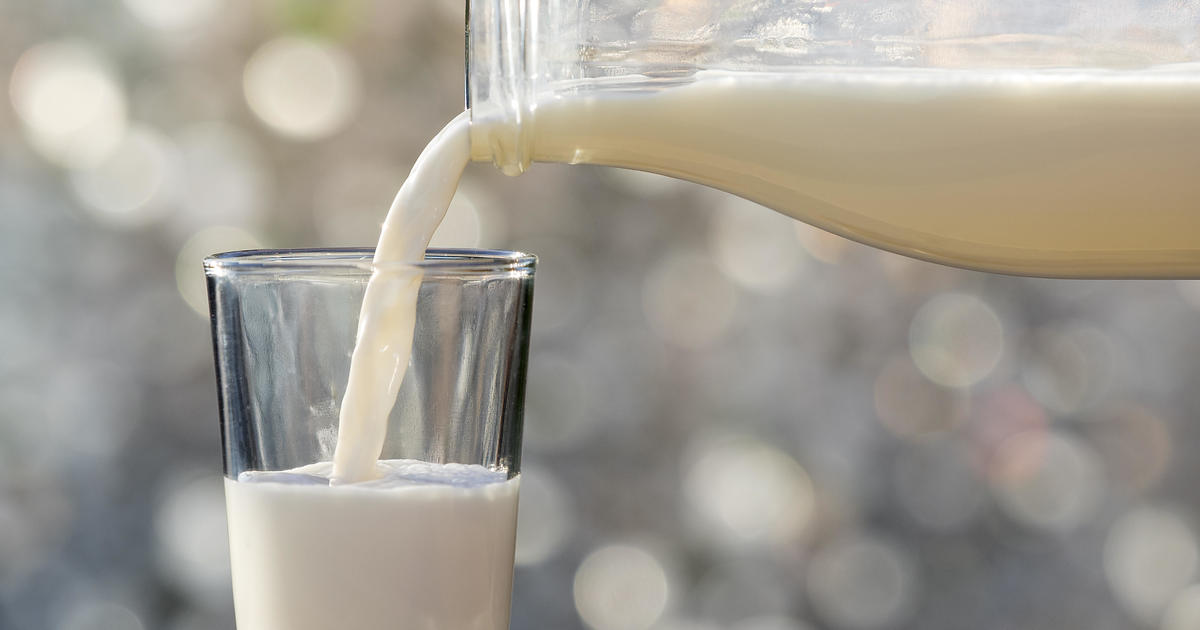Study: 60% Of Car Seats Contain Toxic Chemicals
DETROIT (WWJ) - A Michigan-based study found dangerous chemicals in a range of child car seats sold in Michigan. The Ecology Center tested over 150 infant, convertible, and booster car seats sold in Michigan and found that while some are virtually free of the most dangerous chemicals, others are saturated.
The 2011-model car seats were tested for bromine (associated with brominated flame retardants); chlorine (indicating the presence of polyvinyl chloride, or PVC and plasticizers); lead; other heavy metals, and allergens. Heat and UV-ray exposure in cars can accelerate the breakdown of these chemicals and may increase their toxicity.
Sixty percent of children's car seats tested contained at least one toxic chemical, while some car seats were found to be virtually free of the most dangerous chemicals. The study also found brominated flame retardant chemicals, that are either deemed toxic or lack adequate health safety data, in 44 percent of seats tested.
Research shows that the chemicals found in the car seats may pose serious health risks to children, including liver, thyroid, and developmental problems. Babies are the most vulnerable population in terms of exposure, since their bodily systems are still developing. Some babies may spend hours in their car seats every day.
Most Toxic 2011 Car Seats:
- Infant Seat: Graco Snugride 35 in Edgemont Red/Black & Graco SnugRide 30 in Asprey
- Convertible Seat: Britax Marathon 70 in Jet Set & Britax Marathon in Platinum
- Booster Seat: Recaro Pro Booster in Blue Opal & Recaro ProSPORT Toddler in Misty
Least Toxic 2011 Car Seats:
- Infant Seat: Chicco KeyFit 30 in Limonata, Graco Snugride 35 in Laguna Bay & Combi Shuttle 33 in Cranberry Noche
- Convertible Seat: Graco Comfort Sport in Caleo, Graco MyRide 65 in Chandler and Streamer, Safety 1st OnSide Air in Clearwater, and Graco Nautilus Elite 3-in-1 in Gabe
- Booster Seat: Graco Turbo Booster in Anders
Click here for full list of best and worst car seat picks.
Car seats were tested with a portable X-Ray Fluorescence (XRF) device, which identifies the elemental composition of materials in less than 60 seconds without destroying the product.
Other brands tested in 2011 include: Alpha Sport, Baby Trend, Clek, Compass, Dorel Juvenile Group (Cosco, Eddie Bauer, Maxi-Cosi, Safety First), Evenflo, Fisher Price, Harmony Juvenile, Orbit Baby, Peg Perego, Sunshine Kids, Teutonia and The First Years.
While there are numerous substances in car seats that can lead to health and environmental problems, the Ecology Center selected those with known toxicity, persistence, or tendency to accumulate in people and the environment. The study tested for various heavy metals, such as lead, arsenic, mercury, and chromium. Children are especially vulnerable to the toxic effects of these heavy metals, which include brain damage, learning disabilities, cancer, and problems with the kidneys, blood, nervous and reproductive systems.
Overall, car seat toxicity levels are improving. Since 2008, when the Ecology Center began researching toxic chemicals in car seats, average car seat rankings have improved by 64 percent.
Michigan families, children's health advocates, and business owners are now calling on Michigan lawmakers to introduce legislation that would give consumers the right to know about hazardous chemicals in children's products.
For a complete list of car seat rankings and chemical composition visit www.healthystuff.org.



